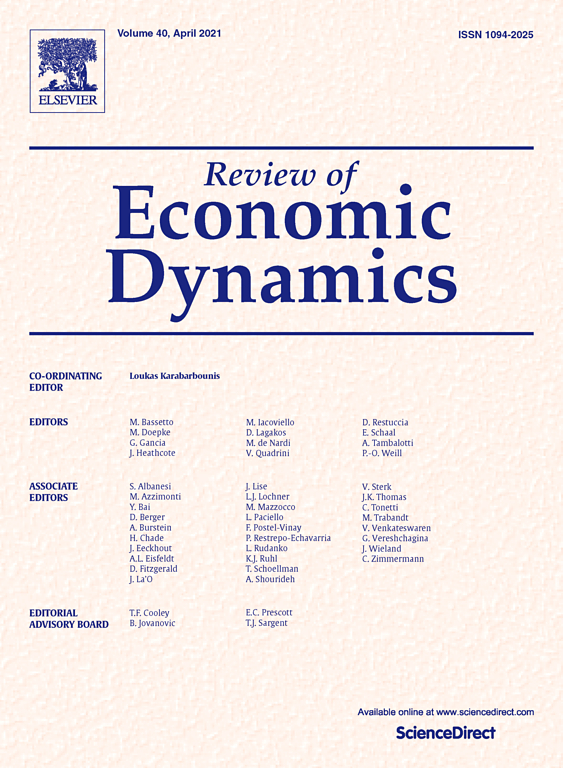
Complex-task Biased Technological Change and the Labor Market
In this paper we study the relationship between task complexity and the occupational wage- and employment structure. Complex tasks are defined as those requiring higher-order skills, such as the ability to abstract, solve problems, make decisions, or communicate effectively. We measure the task complexity of an occupation by performing Principal Component Analysis on a broad set of occupational descriptors in the Occupational Information Network (O*NET) data. We establish four main empirical facts for the U.S. over the 1980–2005 time period that are robust to the inclusion of a detailed set of controls, subsamples, and levels of aggregation: (1) There is a positive relationship across occupations between task complexity and wages and wage growth; (2) Conditional on task complexity, routine-intensity of an occupation is not a significant predictor of wage growth and wage levels; (3) Labor has reallocated from less complex to more complex occupations over time; (4) Within groups of occupations with similar task complexity labor has reallocated to non-routine occupations over time. We then formulate a model of Complex-Task Biased Technological Change with heterogeneous skills and show analytically that it can rationalize these facts. We conclude that workers in non-routine occupations with low ability of solving complex tasks are not shielded from the labor market effects of automatization.




